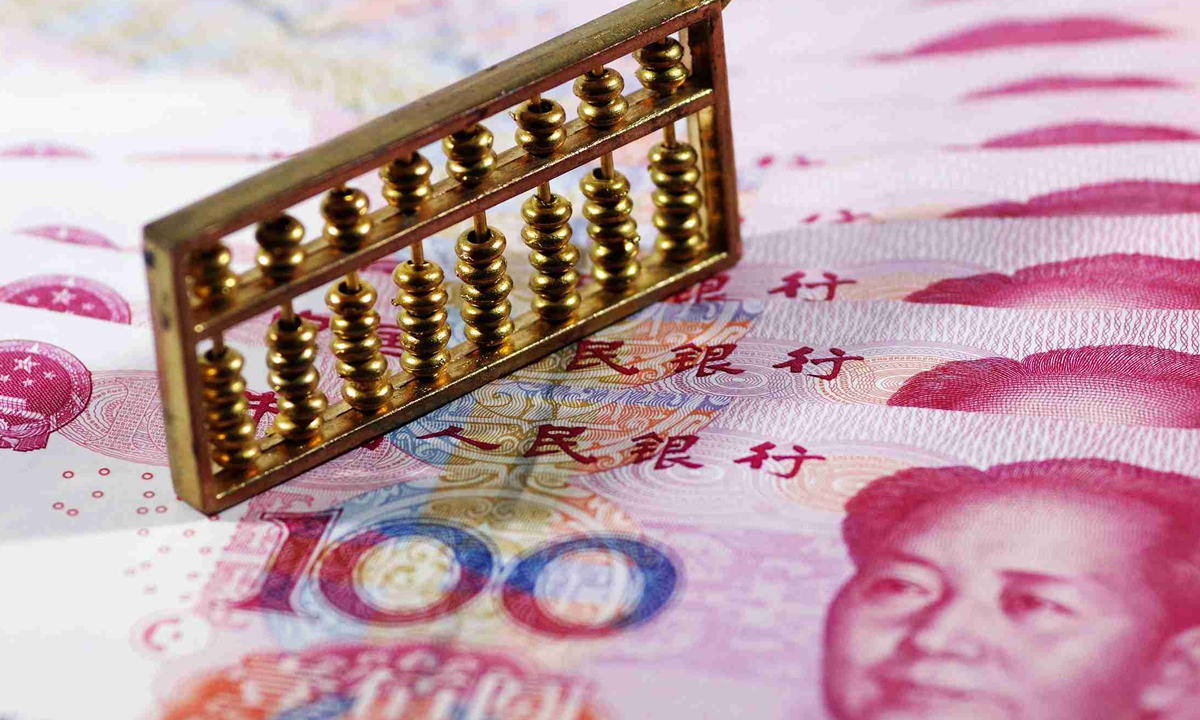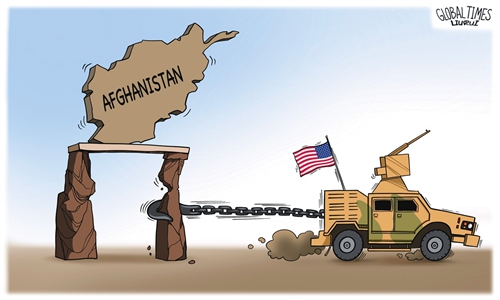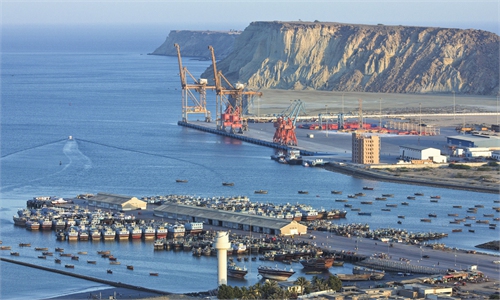
Chinese yuan Photo:VCG
Pakistan may using the yuan to buy a shipment of Russian crude, another example of international markets' moves to replace the US dollar in bulk commodity transactions as a result of the yuan's stability, China's economic strength and concerns about US abuse of dollar hegemony through sanctions, experts said.Pakistan-based newspaper The News International recently cited an unnamed source as saying that Pakistan might pay for a test cargo of 750, 000 barrels of crude it plans to import from Russia in yuan. The cargo will probably reach Pakistan by June.
"Pakistan will most probably pay in yuan, and Bank of China may play a role in such transactions," the person was quoted as saying by the newspaper, with no details being given.
The deal shows that the yuan is increasingly being used for bulk transactions in third-party markets and has been recognized by many countries as an alternative to the US dollar in international settlements, Dong Dengxin, director of the Finance and Securities Institute of the Wuhan University of Science and Technology, told the Global Times on Monday.
"Some trading parties in bulk transactions are worried about the unilateral sanctions imposed by the US. The accelerated internationalization of the yuan, its stable exchange rate and China's strong economy all make the yuan a reliable international settlement currency," Dong said.
China has a huge consumer market, a complete manufacturing industry and strong trade capacity, all of which support third parties' use of the yuan, he said.
"Countries that have received yuan in settlements can use the funds to buy manufactured goods from China," Dong noted.
China has been Pakistan's largest trading partner for eight consecutive years and the largest source of Pakistan's foreign direct investment in recent years. In 2022, Pakistan's exports to China exceeded $1 billion, with agricultural exports leading the pace.
China is steadily advancing institutional opening-up of its financial sector, which will further facilitate global investors' participation in its domestic financial market,Zhou Maohua, an economist at Everbright Bank, told the Global Times on Monday.
In the future, the yuan will play a bigger role in global payment and settlement, foreign exchange reserves, investment and financing, Zhou noted.
Data from different channels show that more and more countries are inclined to settle their trade deals in the yuan instead of the US dollar.
In February, Iraq's central bank said that it would trade with China in the yuan.
In April, Argentina announced that it would start paying for Chinese imports in yuan rather than in US dollar.
The yuan became the most widely used currency for cross-border transactions in China in March, overtaking the dollar for the first time. The yuan was used in 48.4 percent of all cross-border transactions, while the dollar's share declined to 46.7 percent from 48.6 percent a month earlier, Reuters noted.



